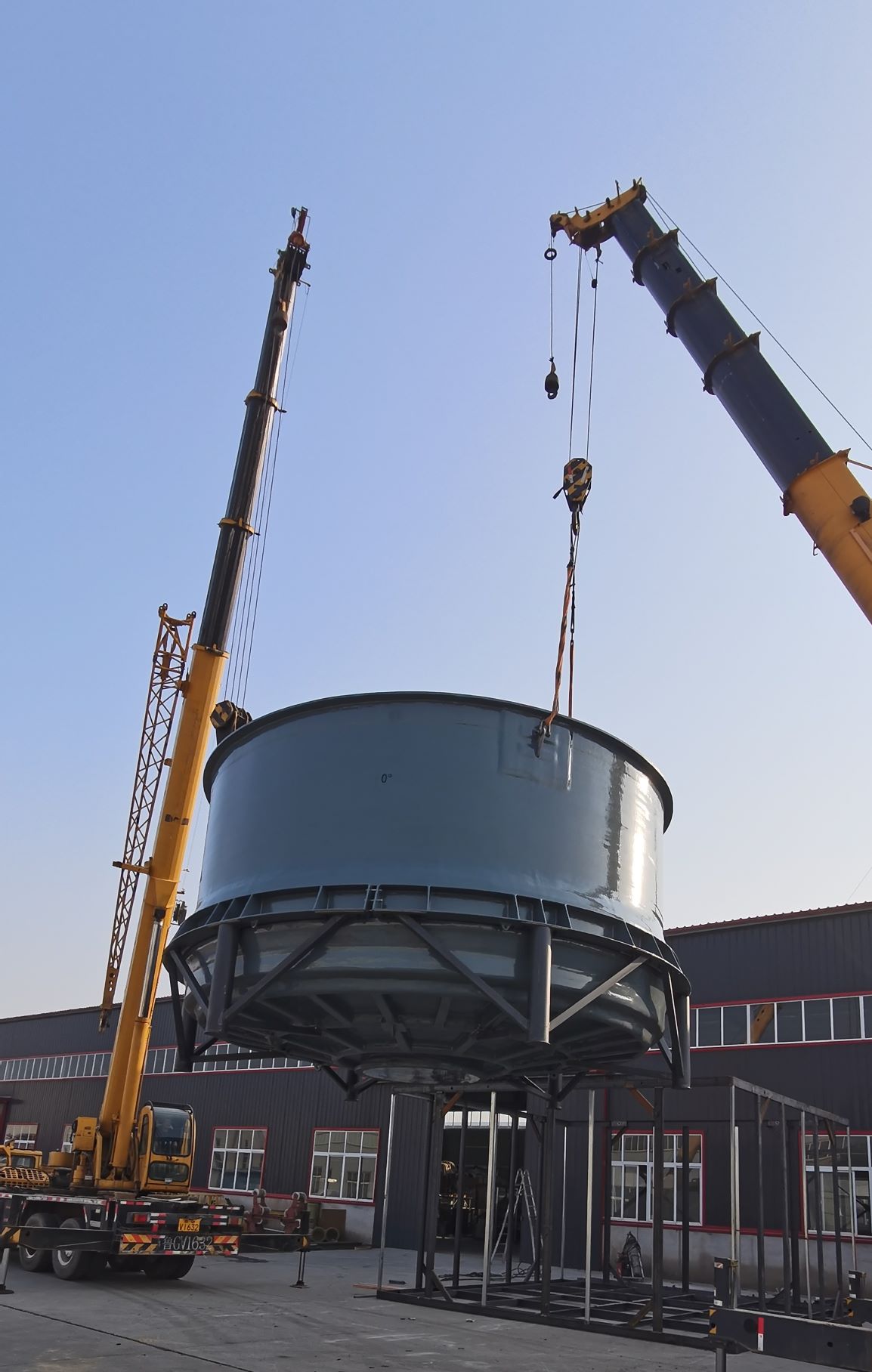
-
 Afrikaans
Afrikaans -
 Albanian
Albanian -
 Amharic
Amharic -
 Arabic
Arabic -
 Armenian
Armenian -
 Azerbaijani
Azerbaijani -
 Basque
Basque -
 Belarusian
Belarusian -
 Bengali
Bengali -
 Bosnian
Bosnian -
 Bulgarian
Bulgarian -
 Catalan
Catalan -
 Cebuano
Cebuano -
 China
China -
 China (Taiwan)
China (Taiwan) -
 Corsican
Corsican -
 Croatian
Croatian -
 Czech
Czech -
 Danish
Danish -
 Dutch
Dutch -
 English
English -
 Esperanto
Esperanto -
 Estonian
Estonian -
 Finnish
Finnish -
 French
French -
 Frisian
Frisian -
 Galician
Galician -
 Georgian
Georgian -
 German
German -
 Greek
Greek -
 Gujarati
Gujarati -
 Haitian Creole
Haitian Creole -
 hausa
hausa -
 hawaiian
hawaiian -
 Hebrew
Hebrew -
 Hindi
Hindi -
 Miao
Miao -
 Hungarian
Hungarian -
 Icelandic
Icelandic -
 igbo
igbo -
 Indonesian
Indonesian -
 irish
irish -
 Italian
Italian -
 Japanese
Japanese -
 Javanese
Javanese -
 Kannada
Kannada -
 kazakh
kazakh -
 Khmer
Khmer -
 Rwandese
Rwandese -
 Korean
Korean -
 Kurdish
Kurdish -
 Kyrgyz
Kyrgyz -
 Lao
Lao -
 Latin
Latin -
 Latvian
Latvian -
 Lithuanian
Lithuanian -
 Luxembourgish
Luxembourgish -
 Macedonian
Macedonian -
 Malgashi
Malgashi -
 Malay
Malay -
 Malayalam
Malayalam -
 Maltese
Maltese -
 Maori
Maori -
 Marathi
Marathi -
 Mongolian
Mongolian -
 Myanmar
Myanmar -
 Nepali
Nepali -
 Norwegian
Norwegian -
 Norwegian
Norwegian -
 Occitan
Occitan -
 Pashto
Pashto -
 Persian
Persian -
 Polish
Polish -
 Portuguese
Portuguese -
 Punjabi
Punjabi -
 Romanian
Romanian -
 Russian
Russian -
 Samoan
Samoan -
 Scottish Gaelic
Scottish Gaelic -
 Serbian
Serbian -
 Sesotho
Sesotho -
 Shona
Shona -
 Sindhi
Sindhi -
 Sinhala
Sinhala -
 Slovak
Slovak -
 Slovenian
Slovenian -
 Somali
Somali -
 Spanish
Spanish -
 Sundanese
Sundanese -
 Swahili
Swahili -
 Swedish
Swedish -
 Tagalog
Tagalog -
 Tajik
Tajik -
 Tamil
Tamil -
 Tatar
Tatar -
 Telugu
Telugu -
 Thai
Thai -
 Turkish
Turkish -
 Turkmen
Turkmen -
 Ukrainian
Ukrainian -
 Urdu
Urdu -
 Uighur
Uighur -
 Uzbek
Uzbek -
 Vietnamese
Vietnamese -
 Welsh
Welsh -
 Bantu
Bantu -
 Yiddish
Yiddish -
 Yoruba
Yoruba -
 Zulu
Zulu
Exploring the Benefits and Applications of Fiberglass Oil Tanks in Modern Storage Solutions
The Benefits of Fiberglass Oil Tanks
In the modern era, industrial and commercial operations require efficient and reliable storage solutions for various materials, including oil. Among the various types of storage tanks available, fiberglass oil tanks are gaining significant popularity due to their unique advantages. In this article, we will delve into the benefits of fiberglass oil tanks, highlighting why they are an excellent choice for oil storage.
Durability and Corrosion Resistance
One of the primary advantages of fiberglass oil tanks is their exceptional durability. Made from a composite of glass fibers and resin, these tanks are inherently resistant to corrosion. Unlike traditional steel tanks, which can rust and degrade over time due to exposure to oil and weather conditions, fiberglass tanks do not succumb to such deterioration. This property ensures that they maintain their structural integrity over long periods, leading to reduced maintenance costs and a longer lifespan.
Lightweight Characteristics
Fiberglass oil tanks are much lighter than their metal counterparts. This lightweight characteristic makes installation significantly easier, reducing labor costs and time required for deployment. Their reduced weight also lowers transportation costs, making them a more economical choice for organizations that need to move tanks to different sites.
Excellent Chemical Compatibility
Another notable advantage of fiberglass oil tanks is their compatibility with various chemicals. They can safely store not only oil but also a wide range of other chemicals without the risk of leaching or contamination. This versatility enables businesses to use fiberglass tanks for multiple applications, bringing efficiency and cost-effectiveness to their operations.
fiberglass oil tank

Environmental Friendly
Fiberglass oil tanks offer an environmentally friendly option for oil storage. Their resistance to rust and corrosion minimizes the risk of leaks, which can lead to hazardous spills and damage to the environment. In an era where regulations around environmental protection are becoming stricter, choosing fiberglass tanks can help companies comply with legal requirements and uphold their commitment to sustainability.
Cost-Effective Solution
While the initial investment for fiberglass oil tanks may be higher than for steel tanks, their long-term benefits often outweigh the costs. The durability and low maintenance needs result in significant savings over time. Additionally, the reduced risk of leaks and spills can prevent costly cleanup operations and potential fines from environmental regulations.
User-Friendly Design
Fiberglass oil tanks are often designed with user-friendliness in mind. Many modern tanks come equipped with features such as built-in monitoring systems, which allow for easy tracking of oil levels. This technology can help businesses manage their oil inventory more effectively, minimizing the risk of running out of stock or overfilling.
Conclusion
In conclusion, fiberglass oil tanks represent a robust, reliable, and cost-effective solution for storing oil. Their durability, lightweight characteristics, chemical compatibility, and environmental benefits make them a superior choice for a variety of industries. As companies continue to prioritize safety, efficiency, and environmental responsibility, it is likely that the demand for fiberglass oil tanks will continue to grow. Investing in these tanks not only provides a reliable storage solution but also aligns with the values of sustainability and operational excellence.
Latest news
-
Oblate Tanks: Space-Saving, Durable Liquid Storage SolutionsNewsAug.27,2025
-
High-Performance Piping System Solutions for Industry & Commercial UseNewsAug.26,2025
-
Precision Fittings: Durable & Reliable Industrial & Plumbing SolutionsNewsAug.25,2025
-
Practical Steps: Unlock Success with Our Proven GuidesNewsAug.24,2025
-
Transport Tanks: Safe, Durable & Efficient Liquid HaulingNewsAug.23,2025
-
High-Quality Piping Systems for Efficient Flow & DurabilityNewsAug.22,2025









